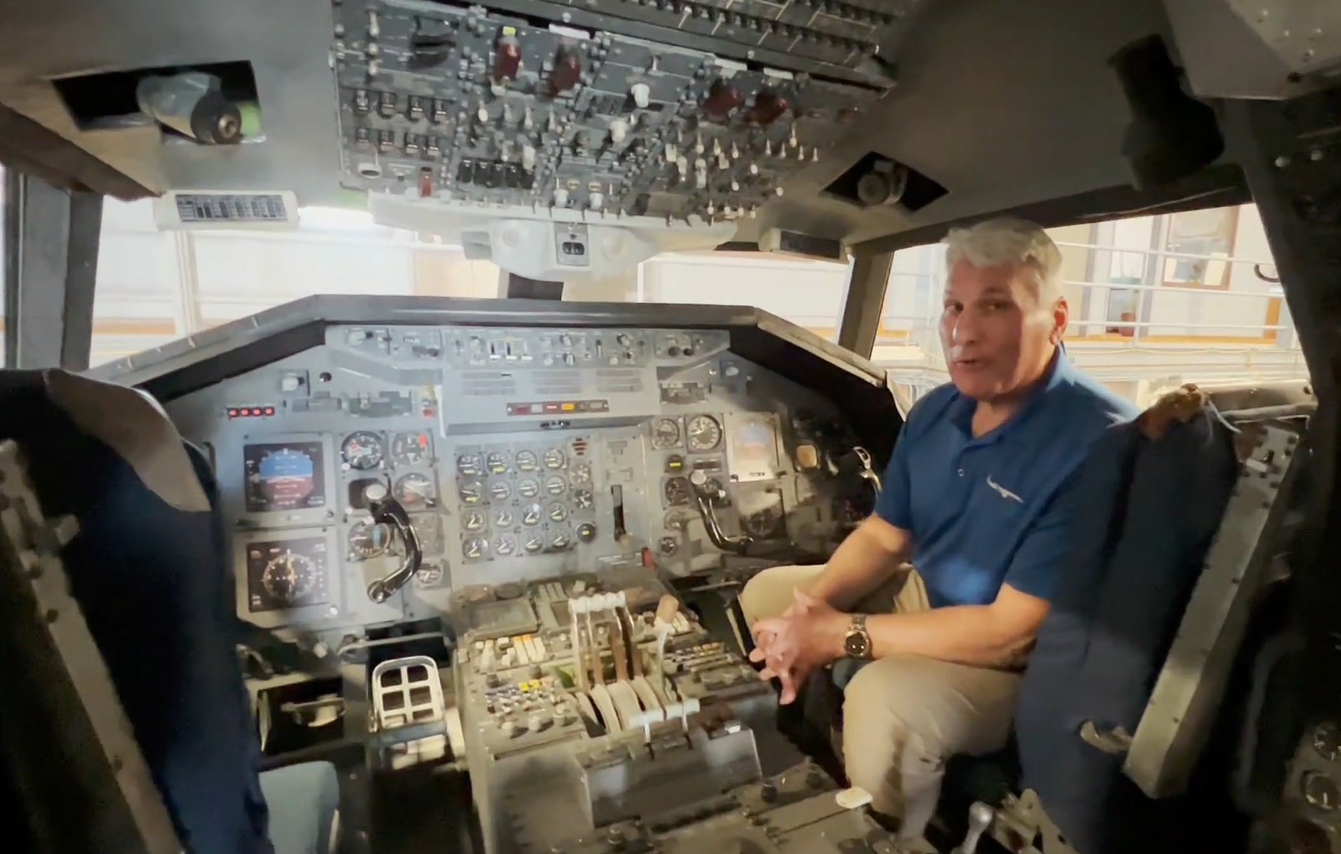Air New Zealand urges more passengers to offset travel
02 May, 2019
3 min read


Air New Zealand is urging more passengers to join the war on climate change as its Fly Neutral voluntary carbon offset scheme passed the $NZ1 million milestone.
The Kiwi carrier offsets staff travel and since late 2016 has allowed passengers to tick a box to offset the carbon emissions associated with their flight.
Corporate and government customers have also been able to offset their carbon emissions since 2018.
The money goes directly towards the purchase of certified carbon credits purchased from a range of permanent native forest projects and a handful of international initiatives that help remove carbon from the atmosphere.
The native forest projects are registered with the New Zealand Government under Permanent Forests Sink Initiative and Are located across New Zealand. They are considered premium carbon offsets.
READ: Virtual reality makes inroads as inflight entertainment.
“We’re delighted to see the programme reach this first milestone with the support of our customers,’’ said Air New Zealand head of sustainability Lisa Daniell.
“Climate change is an urgent global issue, and as an airline we know we must play our part in finding solutions. Providing our customers with an easy way to offset the carbon emissions associated with air travel is one way to do this.
“As with anything of this magnitude, it’s a step in the right direction.
“Last year we offset 8,700 tonnes of carbon on behalf of all our employees who traveled for work, and we’d obviously love to see even more travelers, including business travelers, join us in offsetting their emissions in the future.”
Air New Zealand’s scheme is a relatively new addition to a number of passenger carbon offset schemes offered by airlines, which together account for about 2 percent of global greenhouse emissions.
Qantas, for example, has been running its Fly Carbon Neutral Program for more than a decade.
A 2016 study found that about a third of the world’s airlines offer the schemes. For most, however, the take-up by passengers is less than 10 percent.
This is due in some cases to passengers baulking at the cost and in others to issues such as poor understanding of carbon offsets or skepticism about the projects into which the money is funneled.
In some cases that skepticism has been justified: Virgin Atlantic stopping using a forestry project in Cambodia in 2017 after an environmental organization raised ethical and ecological concerns.
However, the situation with airline carbon offsetting is about to change.
All airlines will be required to participate in a global carbon offsetting scheme, known as the Carbon Offsetting and Reduction Scheme for International Aviation (CORSIA), aimed at stabilizing emissions at 2020 levels.
Airlines have been required since the beginning of 2019 to report their annual C02 emissions on an annual basis — something many already do — and offsetting requirements begin to apply from 2021.
The scheme is being phased in and from 2021 to 2026 only states that volunteer to participate in the pilot will be subject to offsets.
From 2027, almost all international flights will be subject to offsetting requirements with exemptions applying to a small number of developing countries.
The forecast is that CORSIA will mitigate an average of 164 million tonnes of C02 a year.
Next Article
2 min read
Qantas triples profit but misses mark

Get the latest news and updates straight to your inbox
No spam, no hassle, no fuss, just airline news direct to you.
By joining our newsletter, you agree to our Privacy Policy
Find us on social media
Comments
No comments yet, be the first to write one.
